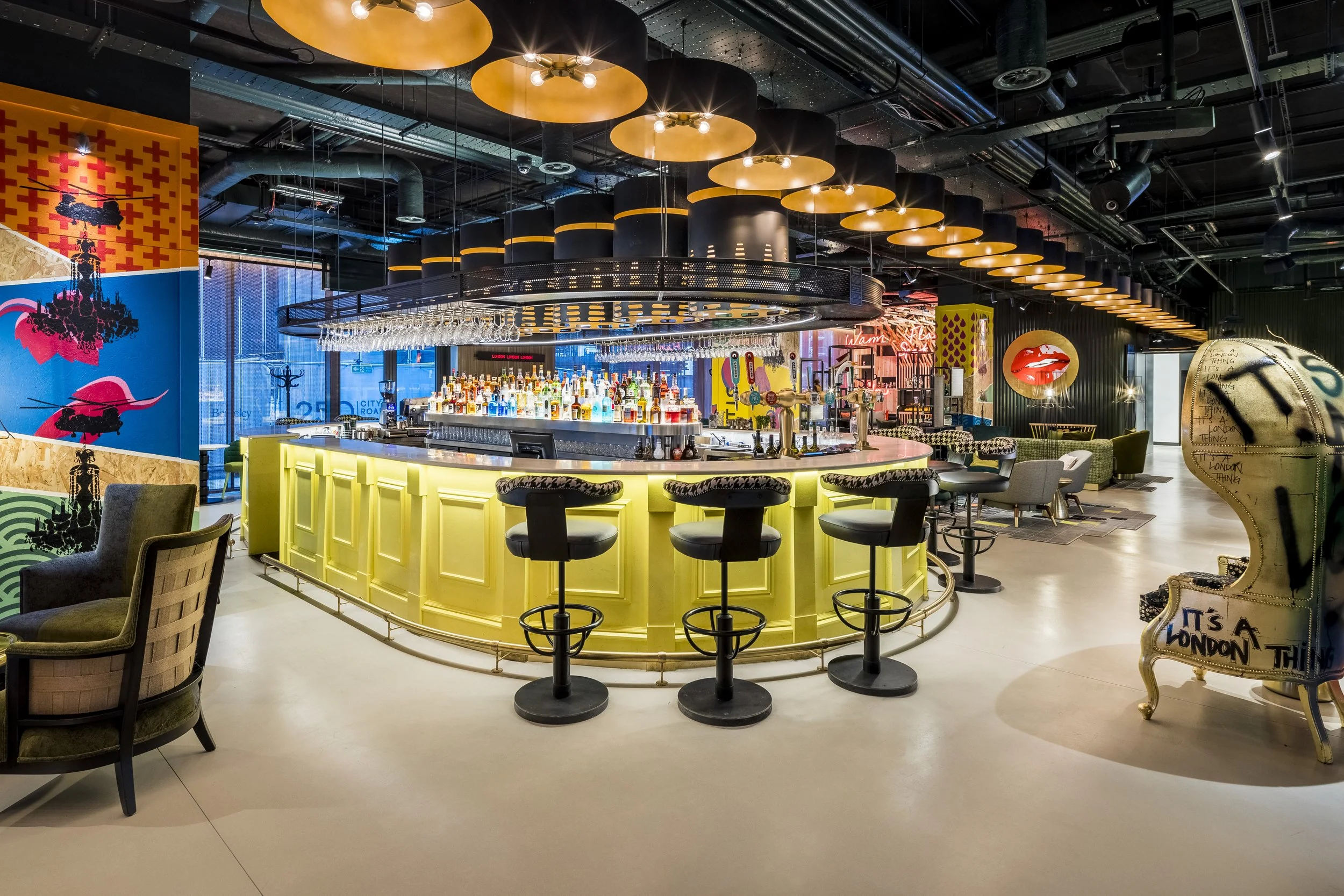Being Black and British: First Generation
I'm first generation British from parents who are African migrants.
Growing up, I found that I lived in areas where I was a minority. I was taught by my parents that I had to work twice as hard to attain half of what a white person had; and in the same breath being encouraged to go for whatever I wanted in life because I'm more than worthy. I was taught by my teachers that I had the same opportunities as anyone in my class because there is no distinction between anyone, regardless of the colour of their skin, the religion they believed in or their social standing. And to a certain extent, they were right.
I had the same opportunity to attend school trips, participate in school plays and be recognised as gifted and talented. Yet, "subtle racism" was something I was able to detect from as early as primary school. You quickly learnt that language was very important when describing a "boisterous" white child and "disruptive" Black child. Often, the "bad kids" were black children who would be deemed as the influencers of other children's behaviour.
I was continually urged by my parents to not fit the stereotype imposed upon Black children, to exceed the expectation and not give anyone the opportunity to label me as problematic or disobedient. And I really tried my utmost to remain under the radar. Being a chatty and opinionated person, it was very difficult at times! Generally, I was able to succeed.
When I was 14 years old my parents made the move to Welling, a town that sits on the border of South East London with a Kent postcode. We were the first Black family to live on that road. It was a culture shock for me, because I moved from Croydon which was a lot more diverse. When I began my new secondary school, I was the third Black girl in my year group and the 10th Black girl in the entire school. Transitioning from a co-educational school to an all-Girls school was challenging enough, let alone starkly being aware that I was a minority.
Though I remained in top sets and was selected for gifted and talented programmes, I realised that I really needed to assimilate to not be ridiculed. This worked for most of the time until the incident in a Design & Technology class. Unbeknownst to me, two white girls cut a piece of my hair, laminated it and passed it around class saying it was pubes. Thinking back, it angers me to know I didn't say or do anything about it at the time. I laughed it off, not wanting to make a big deal about it. Even went as far as to try and rationalise that it was only split ends anyway.
But that is how it begins until I found myself battling the same "subtleties" in a professional capacity where I taught a white male my job role as he was a temp hired to provide me with assistance and within two weeks he was offered a managerial position where I was reporting to him.
To me, there is nothing subtle about it - The UK is a very racist place and they have a hierarchy that they wish to keep in place. Until the gatekeepers are ready to relinquish their power and privilege, I believe I will be giving the same mantra that I received as a child:
You have to work twice as hard to achieve half of what a white person has.












